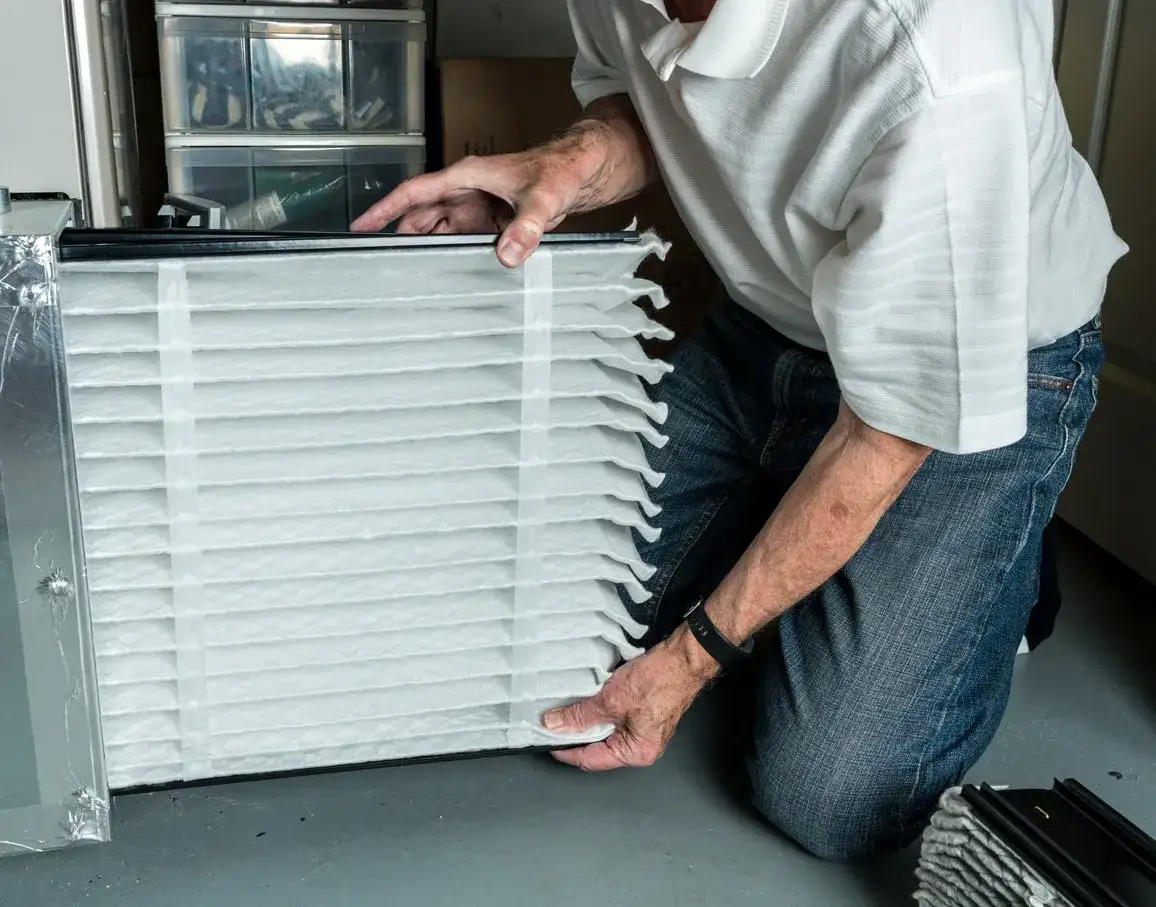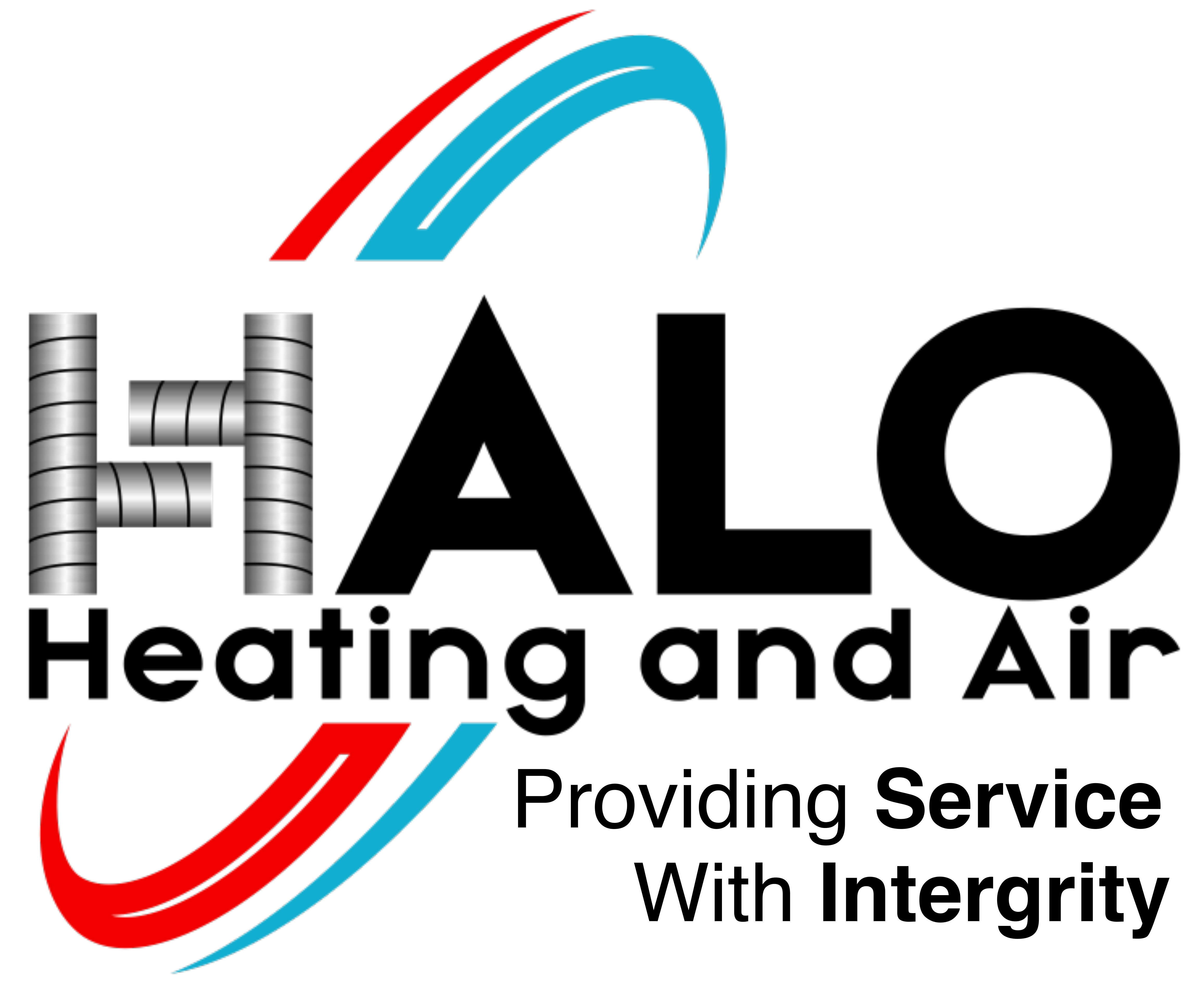Heating Replacement in Johnstown, CO
Heating Replacement in Johnstown, CO
When the chill of a Johnstown, CO winter sets in, a reliable heating system isn't just a luxury—it's essential for the safety and comfort of your home. If your current furnace or heat pump is struggling to keep up, facing frequent breakdowns, or leading to unexpectedly high energy bills, it might be time to consider heating replacement. Investing in a new system is a significant decision, but one that can offer long-term benefits in terms of efficiency, comfort, and peace of mind.
Over time, even well-maintained heating systems reach the end of their useful lifespan. As they age, components wear out, efficiency declines, and the risk of unexpected failures increases, often at the most inconvenient times. For homeowners in Johnstown, understanding the signs of a declining system and exploring replacement options proactively can prevent discomfort and potentially costly emergency repairs down the line.
Signs Your Heating System Needs Replacement
Identifying the right time to replace your heating system can save you from discomfort and unnecessary expenses. Here are some common indicators that your system may be nearing the end of its life or operating inefficiently:
- Age: Furnaces typically last 15-20 years, while heat pumps may last slightly longer. If your system is within or beyond this age range, replacement might be a more cost-effective option than repeated repairs.
- Frequent Breakdowns: Needing repairs every winter is a clear sign of a system in decline. These cumulative repair costs can often add up to a significant portion of the cost of a new unit.
- Increasing Energy Bills: Older heating systems are significantly less energy-efficient than modern units. If your energy bills are steadily climbing without a corresponding increase in usage, your heater might be the culprit, working harder to produce the same amount of heat.
- Uneven Heating: Cold spots in certain rooms or areas of your home can indicate that your heating system is no longer distributing air effectively or isn't producing consistent heat.
- Unusual Noises: Banging, rattling, squealing, or humming sounds coming from your heating system can signal mechanical problems that may be expensive to fix or indicate the system is failing.
- Yellow Pilot Light (for Furnaces): A pilot light that is yellow or orange instead of blue can indicate incomplete combustion, which could potentially be releasing carbon monoxide. This is a serious safety concern.
- Visible Rust or Cracks: Any visible corrosion or cracks on the furnace's heat exchanger are major concerns. A cracked heat exchanger can leak carbon monoxide into your home and requires immediate attention, often necessitating system replacement.
If you notice any of these signs, consulting with a qualified HVAC professional to assess your system's condition is a prudent step. At HALO Heating and Air, we help determine if repair is viable or if replacement is the recommended course of action.

Benefits of Upgrading Your Heating System
Choosing to replace your old heating system offers a multitude of advantages that go beyond simply having reliable heat.
- Improved Energy Efficiency: Modern heating systems boast significantly higher energy efficiency ratings (like AFUE for furnaces or HSPF for heat pumps) compared to older models. This translates directly into lower energy consumption and reduced monthly utility bills.
- Enhanced Comfort: New systems provide more consistent and even heating throughout your home, eliminating cold spots and maintaining your desired temperature more effectively. They often offer quieter operation as well.
- Increased Reliability: A new heating system comes with the assurance of reliable performance, significantly reducing the likelihood of unexpected breakdowns during the coldest months. This means fewer emergency service calls and less stress.
- Better Indoor Air Quality: Many new heating systems integrate better with advanced air filtration and purification technologies, contributing to cleaner, healthier air inside your home.
- Greater Safety: Modern heating systems incorporate advanced safety features that older models may lack, reducing risks associated with issues like carbon monoxide leaks (in gas furnaces).
- Higher Home Value: An updated, efficient heating system is an attractive feature for potential buyers should you decide to sell your home in the future.
Considering the typical lifespan of HVAC systems, replacing an aging unit proactively allows you to reap these benefits sooner and potentially avoid emergency situations.
Choosing the Right Heating System for Your Johnstown Home
Replacing your heating system isn't a one-size-fits-all process. Selecting the right type and size of system is crucial for optimal performance, efficiency, and comfort in Johnstown's climate.
- System Type: Common heating systems include furnaces (typically gas or electric), heat pumps (which provide both heating and cooling), and mini-split systems (ideal for specific zones or additions). The best choice depends on your home's existing infrastructure, energy sources available, and your specific heating and cooling needs.
- Sizing: Proper sizing is critical. A system that is too small won't adequately heat your home during peak demand, while an oversized system will cycle on and off too frequently (short cycling), leading to reduced efficiency, uneven temperatures, and increased wear and tear. A professional load calculation is necessary to determine the appropriate size for your home based on factors like square footage, insulation levels, window types, and local climate data.
- Efficiency Ratings: Pay attention to efficiency ratings like AFUE (Annual Fuel Utilization Efficiency) for furnaces and HSPF (Heating Seasonal Performance Factor) for heat pumps. Higher ratings indicate greater efficiency and lower operating costs. ENERGY STAR certified models meet strict efficiency guidelines.
A qualified HVAC technician can assess your home's unique needs and help you navigate the options, recommending the most suitable and energy-efficient system for your situation.
The Heating Replacement Process
Once you've decided on a new system, the replacement process involves several key steps performed by trained professionals:
- System Assessment: A technician will first assess your current system and home to confirm the need for replacement and gather information required for sizing and planning.
- System Recommendation: Based on the assessment and your needs, options for new systems will be presented, explaining the pros and cons of each, including efficiency ratings and features.
- Removal of Old System: The existing furnace, heat pump, or other heating unit is carefully disconnected and removed from your home. This includes safely handling any fuel lines, electrical connections, and ductwork.
- Installation of New System: The new unit is expertly installed, connected to your ductwork (if applicable), fuel source, and electrical system. All connections are sealed and secured to ensure proper airflow and safe operation.
- Thermostat Installation/Integration: A new thermostat, often a modern programmable or smart thermostat, is installed and configured to work seamlessly with the new heating system.
- Testing and Calibration: The technician thoroughly tests the newly installed system to ensure it's operating correctly, efficiently, and safely. Airflow, temperature rise, and safety controls are checked and calibrated.
- Final Walkthrough: The technician will explain the features of your new system and thermostat and answer any questions you may have.
The goal is a smooth, efficient installation that minimizes disruption and leaves you with a perfectly functioning heating system.
Why Professional Installation Matters
Heating system replacement is a complex task that should only be performed by licensed and experienced HVAC professionals. Attempting a DIY installation or hiring an unqualified individual can lead to numerous problems:
- Incorrect Sizing: Improper sizing is a common issue with non-professional installations, leading to the problems mentioned earlier (inefficiency, discomfort, premature wear).
- Safety Hazards: Working with gas lines, electrical connections, and combustion requires specialized knowledge to avoid dangerous leaks, electrical shocks, or fire hazards.
- Code Violations: Professional installers are familiar with local building codes and regulations in Johnstown, CO, ensuring the installation is compliant and safe.
- Warranty Issues: Most manufacturers' warranties are voided if the system is not installed by a certified professional.
- Subpar Performance: Even if the system operates, incorrect installation can lead to reduced efficiency, uneven heating, and a shorter lifespan for the equipment.
Choosing a reputable HVAC company ensures the job is done correctly, safely, and in compliance with all standards, protecting your investment and your home.
Considering Financing Options
At HALO Heating and Air, we understand that investing in a new heating system is a significant expense. To help make this essential upgrade more manageable, financing options are often available for qualified customers. Exploring these possibilities can allow you to get the comfortable and efficient heating system you need without significant upfront costs.
Ensuring your Johnstown, CO home remains warm and comfortable throughout the cold season is a top priority. If your current heating system is showing its age or failing to perform reliably, exploring professional heating replacement services is a wise step. A new, high-efficiency system can provide reliable comfort, lower energy bills, and enhanced safety for many years to come.
Financing
Whether it's a repair or a new installation, our financing options help you get the comfort you need now—while paying over time with manageable monthly payments.
Customer Testimonials
See what homeowners across Windsor and Northern Colorado are saying about our reliable service, expert workmanship, and commitment to getting the job done right.



.svg)




